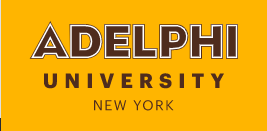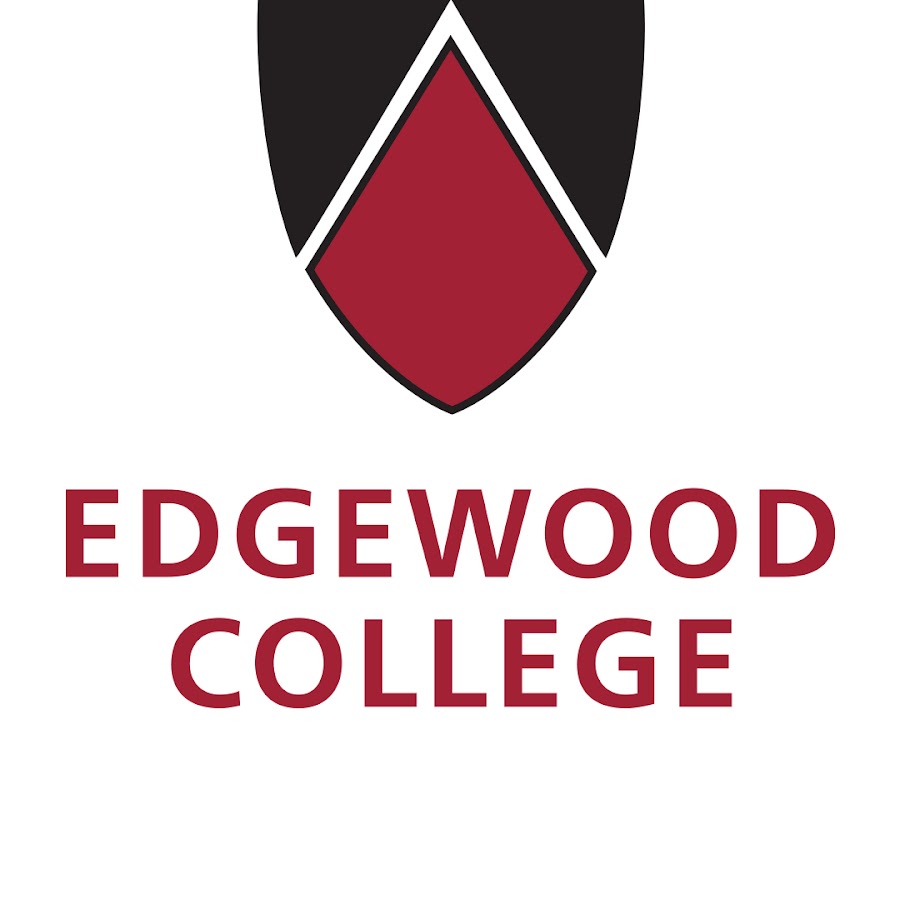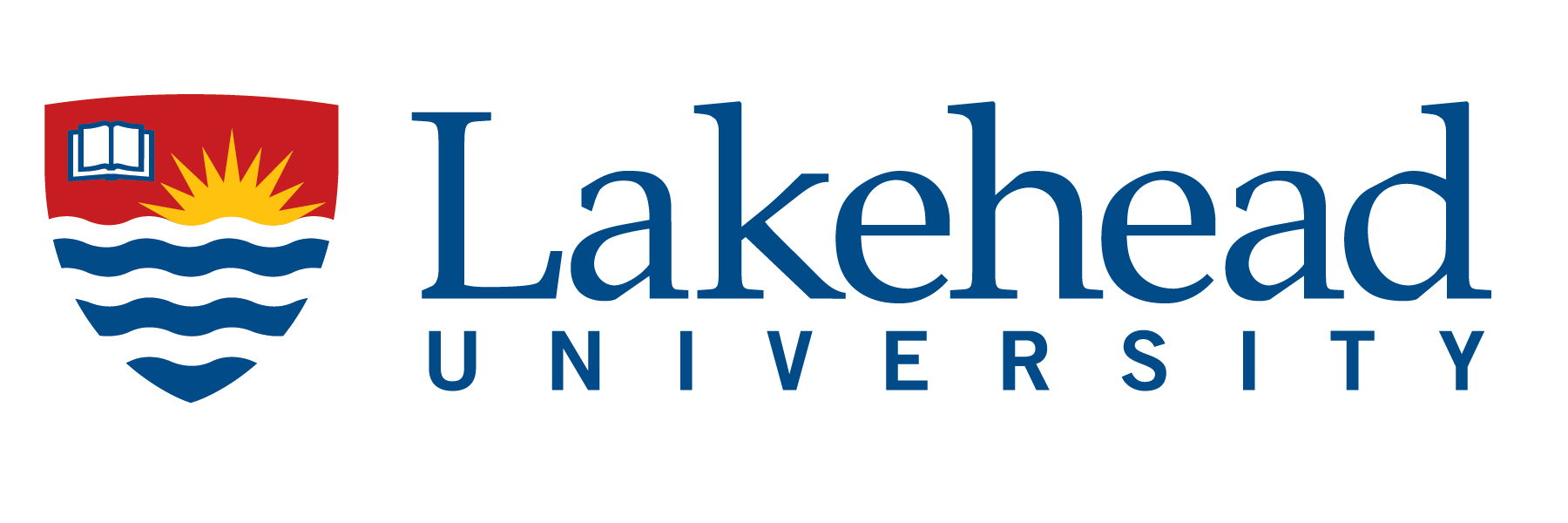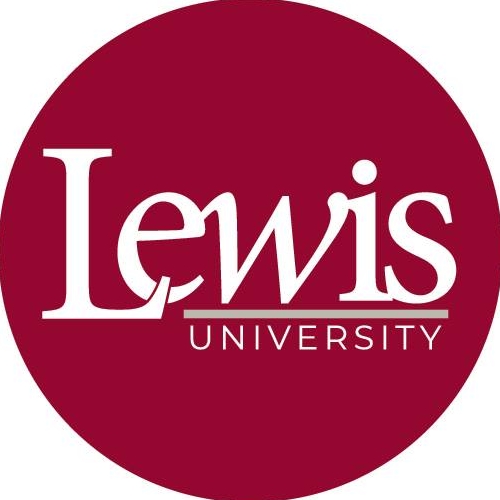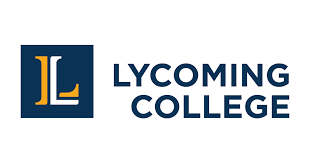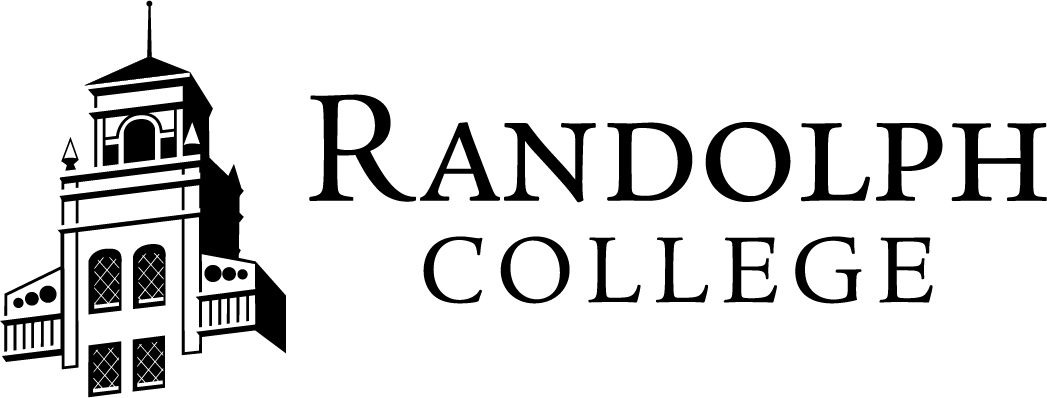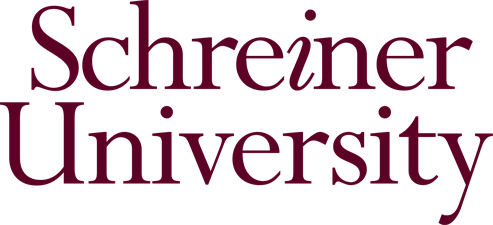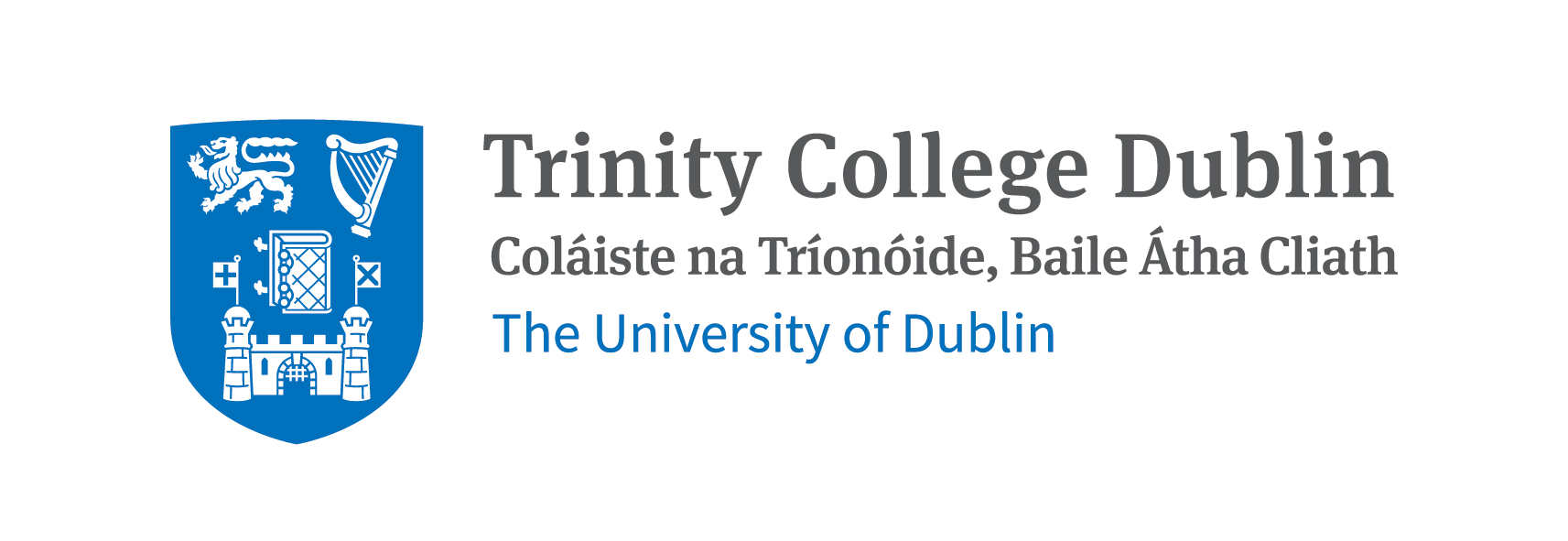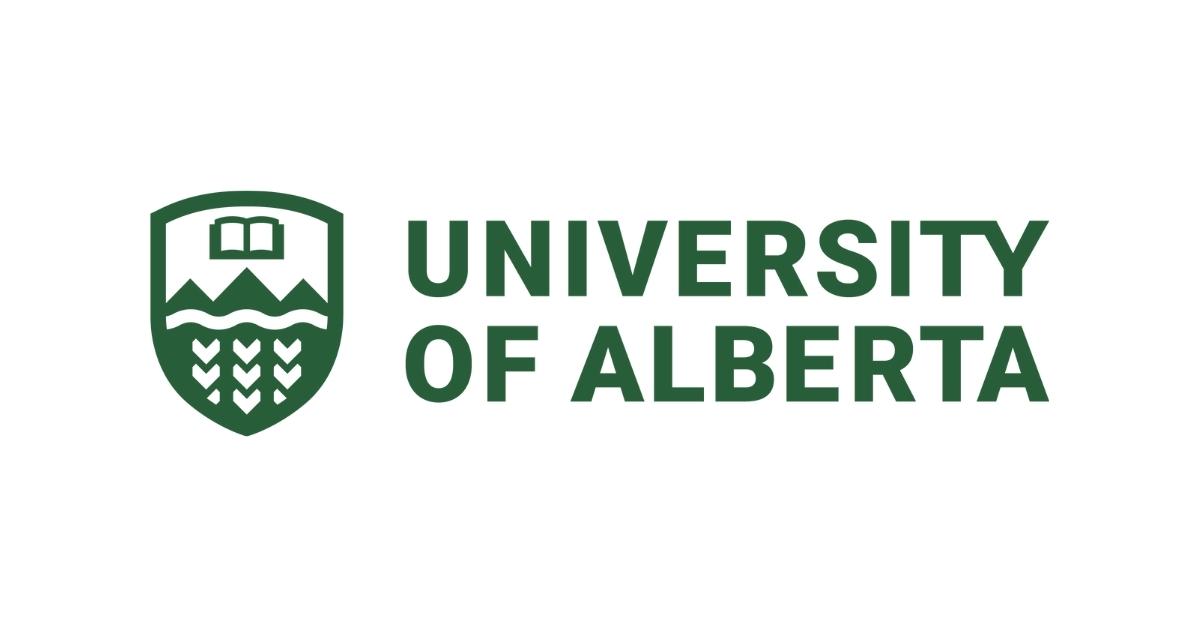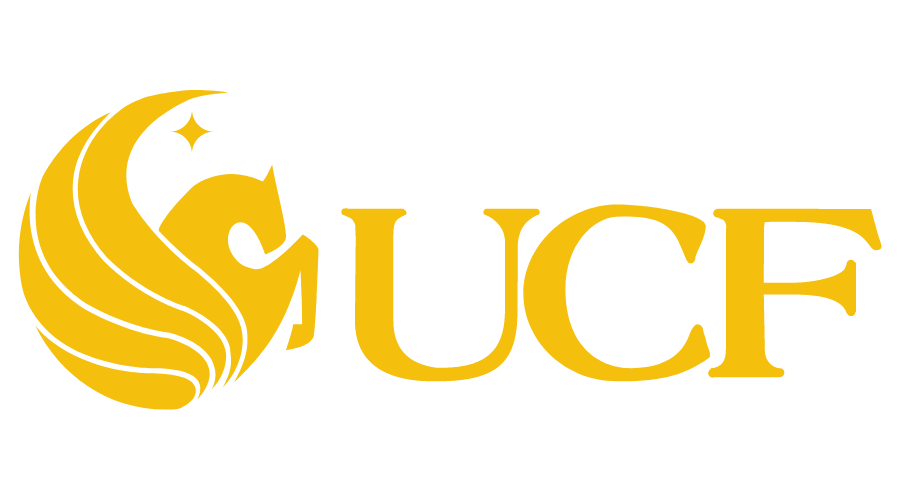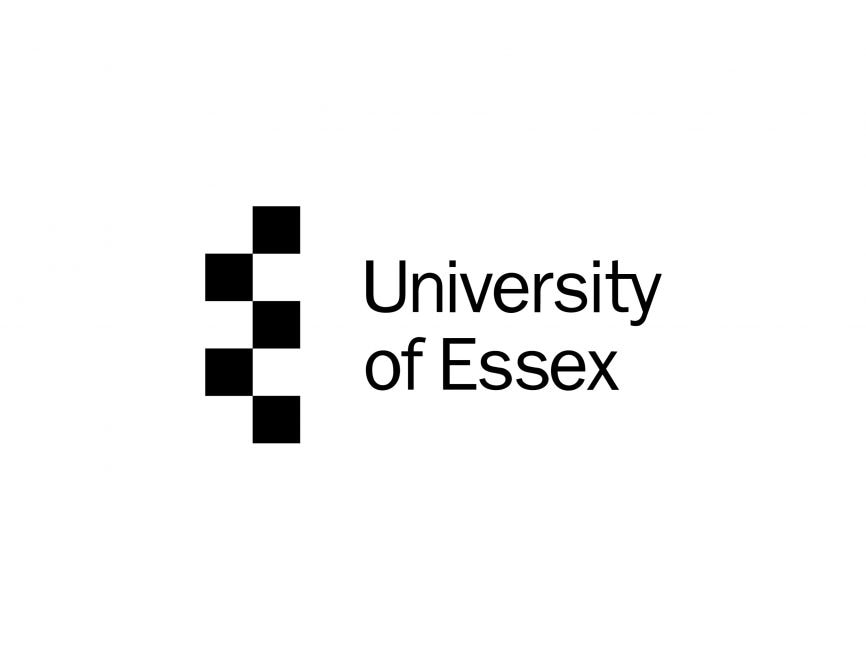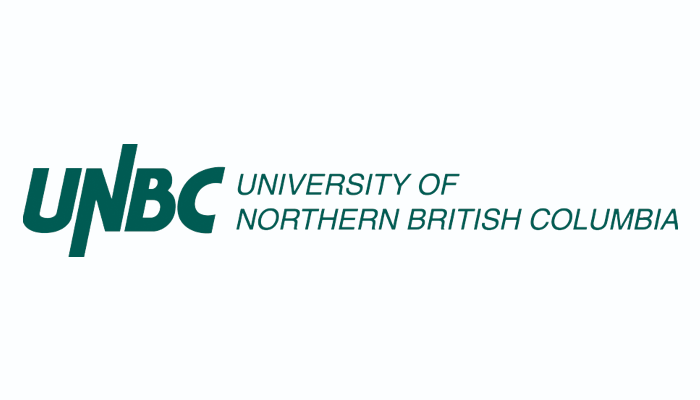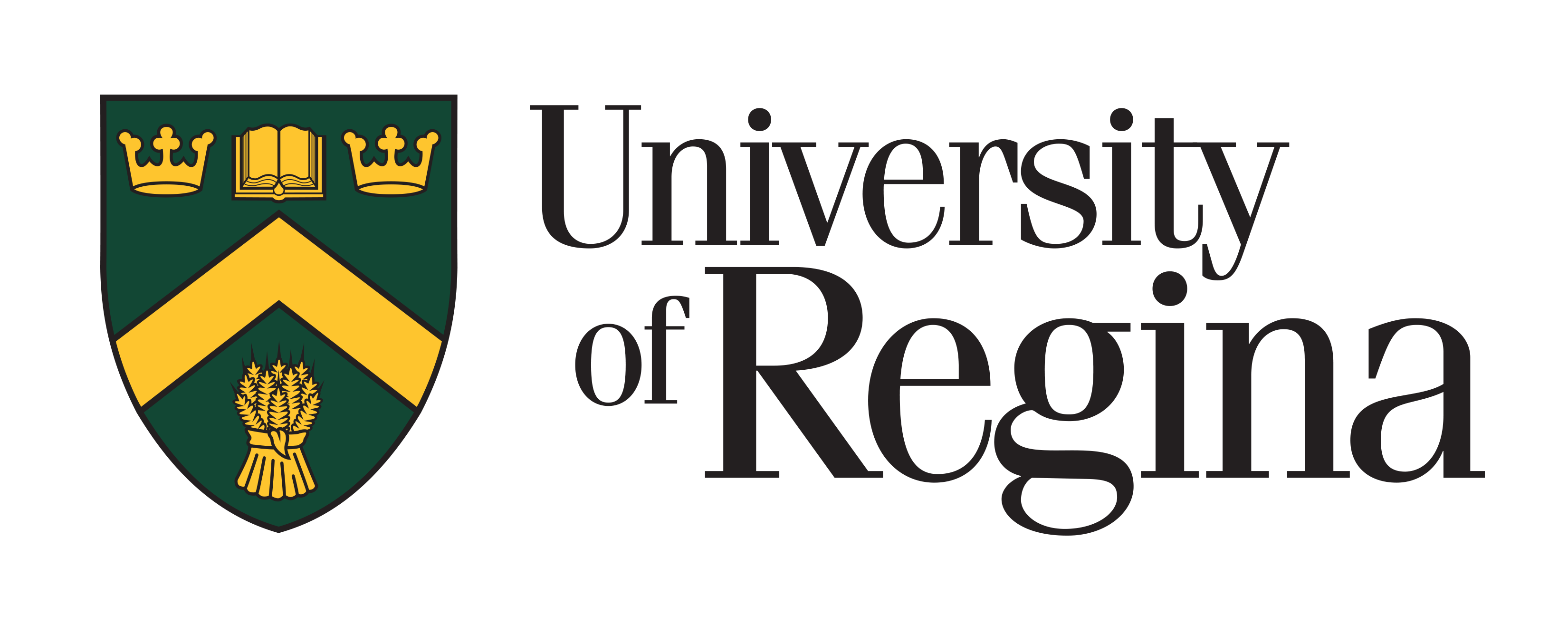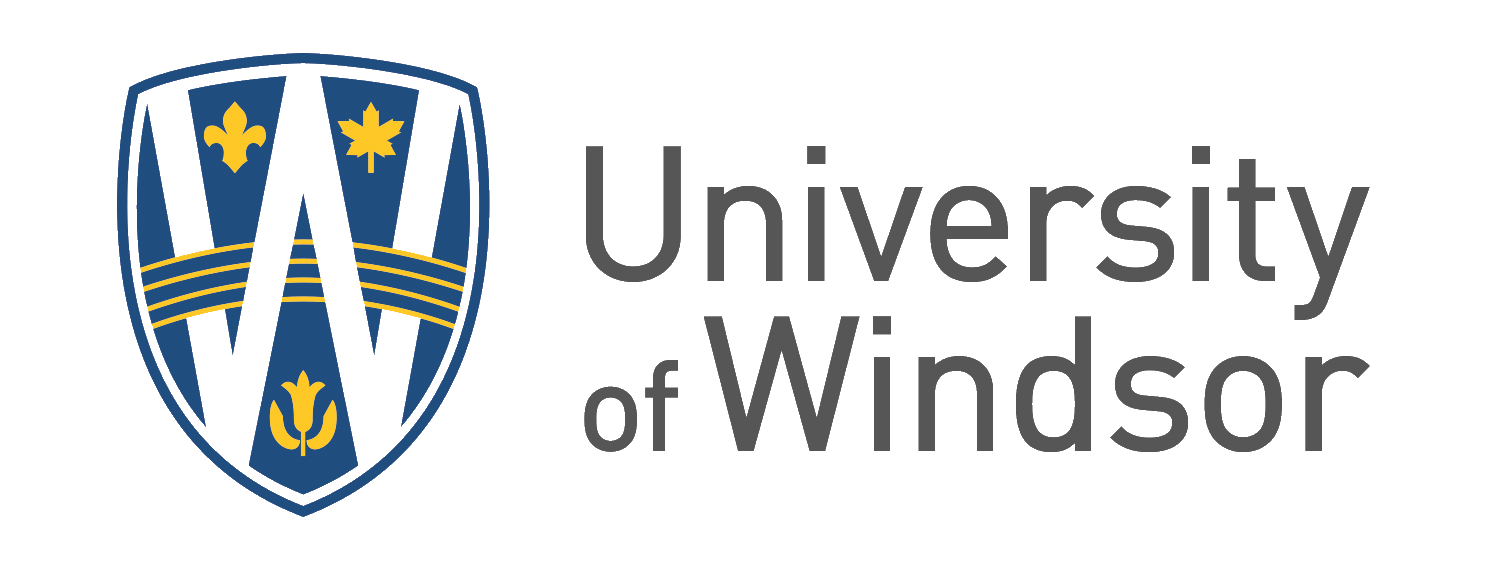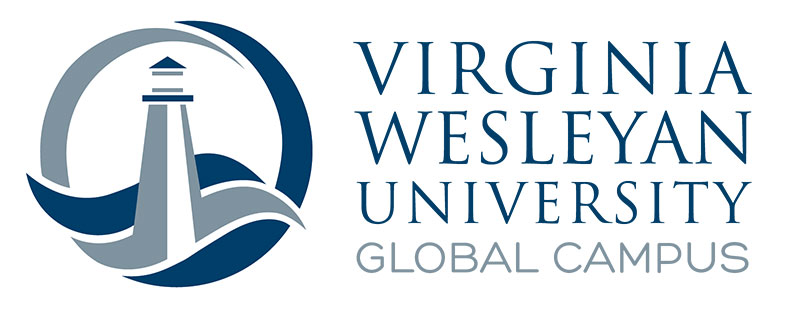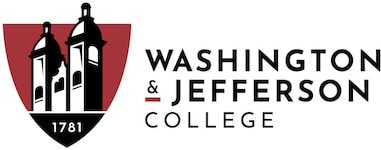Political Science: Shaping Global Leaders for Tomorrow
Political Science is a dynamic field that explores the theory and practice of politics, government systems, international relations, and public policy. It equips students with the analytical skills to understand power dynamics, policy-making, and global challenges. For Indian students aspiring to study abroad, pursuing Political Science opens doors to prestigious universities worldwide, fostering critical thinking and preparing you for influential roles in diplomacy, governance, and advocacy.
Whether you're passionate about analyzing elections, studying human rights, or delving into international conflicts, a degree in Political Science abroad offers unparalleled exposure to diverse political landscapes. Imagine debating U.S. foreign policy at Harvard or examining European Union governance in Brussels—this is the real-world immersion that sets international education apart.
Why Choose Political Science Abroad as an Indian Student?
Studying Political Science overseas provides Indian students with a global perspective that's invaluable in today's interconnected world. India's vibrant democracy and rising geopolitical influence make this field especially relevant, but accessing world-class resources and faculty often requires looking beyond borders.
- Global Exposure: Learn from diverse case studies, including Western democracies, Asian politics, and African development models, broadening your understanding beyond Indian contexts.
- Advanced Research Opportunities: Access cutting-edge libraries, think tanks, and internships with organizations like the United Nations or Amnesty International.
- Networking: Connect with international peers and professionals, building a global network that can lead to opportunities in India's foreign service or multinational NGOs.
- Skill Development: Hone skills in policy analysis, public speaking, and data-driven decision-making, which are highly sought after in India's civil services exams like UPSC.
- Cultural Immersion: Experience different political cultures, enhancing your adaptability and empathy—key traits for future leaders.
For Indian students, the appeal is amplified by the chance to contribute to India's global role. Many alumni return to advise on policies related to Indo-Pacific relations or sustainable development, leveraging their international expertise.
Top Destinations for Studying Political Science
Choosing the right country can make all the difference. Here are some premier destinations tailored for Indian students, known for their strong Political Science programs, supportive Indian communities, and post-study work options.
| Country | Top Universities | Key Attractions for Indian Students | Average Tuition (per year, in USD) |
|---|---|---|---|
| United States | Harvard University, Georgetown University, UC Berkeley | Strong focus on international relations; OPT visa for work experience; large Indian diaspora. | 30,000 - 60,000 |
| United Kingdom | University of Oxford, LSE (London School of Economics), University of Cambridge | Short program durations (1-year Master's); scholarships like Chevening; proximity to Europe. | 20,000 - 40,000 |
| Canada | University of Toronto, McGill University, UBC | Post-Graduation Work Permit (PGWP); affordable living; multicultural environment with Indian festivals. | 15,000 - 35,000 |
| Australia | University of Melbourne, ANU (Australian National University), University of Sydney | Focus on Asia-Pacific politics; post-study work visa up to 4 years; vibrant student life. | 25,000 - 45,000 |
| Germany | University of Heidelberg, Humboldt University Berlin, Free University of Berlin | Low or no tuition fees for public universities; English-taught programs; EU exposure. | 0 - 10,000 (mostly free) |
These destinations offer a mix of theoretical depth and practical application. For instance, the U.S. excels in empirical research, while the UK emphasizes philosophical underpinnings of politics.
Popular Courses and Specializations in Political Science
Political Science programs abroad are flexible, allowing specialization based on your interests. From undergraduate to doctoral levels, courses blend lectures, seminars, and fieldwork.
Undergraduate Programs (BA/BSc)
Typically 3-4 years, these build foundational knowledge.
- Core Subjects: Comparative Politics, International Relations, Political Theory, Public Administration.
- Electives: Gender and Politics, Environmental Policy, Media and Democracy.
Graduate Programs (MA/MSc, PhD)
Master's programs last 1-2 years, focusing on advanced analysis; PhDs (3-5 years) emphasize original research.
- Specializations:
- International Relations & Diplomacy: Ideal for careers in foreign affairs.
- Public Policy & Governance: Prepares for roles in think tanks or government.
- Political Economy: Explores intersections of politics and economics, relevant to India's growth story.
- Human Rights & Conflict Resolution: Addresses global issues like refugee crises.
Many programs include internships, such as policy placements in Washington D.C. or simulations of UN assemblies, giving you hands-on experience.
Admission Requirements for Indian Students
Gaining admission to top Political Science programs requires preparation, but it's achievable with the right strategy.
- Academic Qualifications: Bachelor's for Master's (minimum 55-60% from a recognized Indian university); 10+2 with strong social sciences for undergrad.
- Standardized Tests:
- IELTS/TOEFL: 6.5-7.5 overall for English proficiency.
- GRE: Optional for many programs, but recommended for U.S. competitive schools (aim for 300+ score).
- Application Materials: Statement of Purpose (SOP) highlighting your interest in politics (e.g., inspired by Indian elections); Letters of Recommendation (2-3 from professors); Resume/CV showcasing extracurriculars like debate clubs or Model UN.
- Deadlines: Apply 6-12 months in advance; fall intake (September) is most common.
- Visa Process: Student visas (F-1 for U.S., Tier 4 for UK) require proof of funds, acceptance letter, and interviews. Indian students often succeed with strong financial documentation.
Pro Tip: Tailor your SOP to connect Indian politics (e.g., federalism in a diverse nation) with the program's strengths for a compelling application.
Scholarships and Funding Options
Financing your studies abroad doesn't have to be daunting. Numerous scholarships target Indian students in Political Science, covering tuition, living expenses, and travel.
- University-Specific: Harvard's need-based aid; LSE's Graduate Support Scheme (up to full tuition).
- Government Scholarships:
- Fulbright-Nehru (U.S.): For Master's/PhD, includes stipend.
- Chevening Scholarships (UK): Fully funded for outstanding leaders.
- DAAD Scholarships (Germany): Covers living costs for international students.
- Indian Government Aid: National Overseas Scholarship for SC/ST students; ICCR scholarships for cultural exchange.
- Private Foundations: Inlaks Shivdasani Foundation (up to $100,000); Rhodes Scholarship for Oxford (highly competitive).
Additionally, part-time jobs (20 hours/week on student visas) and teaching assistantships can offset costs. Average living expenses range from $10,000-20,000 annually, depending on the city.
Career Opportunities After Graduation
A Political Science degree from abroad is a launchpad for diverse, high-impact careers. Graduates are in demand globally, with strong employability in India and internationally.
- Public Sector: Indian Foreign Service (IFS), civil services, policy advisor in ministries like External Affairs.
- International Organizations: UN, World Bank, WTO—roles in diplomacy or development.
- Private Sector: Consulting firms (McKinsey, Deloitte) for political risk analysis; journalism with outlets like BBC or The Hindu.
- Academia & Research: Professor or researcher at institutions like JNU or abroad.
- NGOs & Advocacy: Work with Human Rights Watch or Greenpeace on campaigns.
Salary prospects are promising: Entry-level in India starts at ₹6-10 lakhs/annum; internationally, $50,000+ USD. Many Indian alumni secure roles in think tanks like ORF (Observer Research Foundation), influencing national policy.
Tips for Indian Students Pursuing Political Science Abroad
Transitioning to life abroad can be exciting yet challenging. Here's how to thrive:
- Prepare Culturally: Read up on host country politics (e.g., Brexit for UK) and join Indian student associations for support.
- Visa & Finances: Maintain a bank balance equivalent to one year's tuition + living costs; use services like Flywire for easy transfers.
- Academic Success: Engage in discussions—Political Science thrives on debate. Use office hours to build mentor relationships.
- Health & Wellbeing: Access university counseling; balance studies with yoga or Indian cuisine clubs to stay grounded.
- Post-Study Plans: Explore work visas; many return to India with enhanced skills, contributing to its global ambitions.
Studying Political Science abroad isn't just an education—it's a transformative journey toward becoming a global citizen. With India's increasing role on the world stage, your expertise will be pivotal. Start your application today and step into a world of influence!


